Malta, the beautiful island nation of the Mediterranean, is nowadays the preferred destination for Nigerians who want to migrate abroad for employment, studies, retirement, or investment. With their nice climate, magnificent history, and thriving economy, Malta has numerous prospects for Nigerians as a new home. This travel guide provides in-depth details on how to migrate to Malta, ranging from visa application and cost of living to work, accommodation, adapting to culture, etc.
Why Relocate to Malta?
Before delving into the specifics of relocation, it is essential to understand why Malta is an excellent choice for Nigerians:
- Favorable Climate: Malta enjoys a Mediterranean climate with mild winters and hot summers, making it ideal for those who appreciate sunny weather.
- English as an Official Language: Since English is widely spoken alongside Maltese, Nigerians will find it easier to communicate and integrate.
- Stable Economy: Malta has a strong economy, with job opportunities in sectors like tourism, finance, gaming, and healthcare.
- EU Member State: Malta provides easy access to the European market and travel opportunities across the Schengen area.
- Quality Healthcare and Education: The country has excellent healthcare services and reputable universities for international students.
- Safety and High Living Standards: Malta is one of the safest countries in Europe, offering a high quality of life.
Types of Visas for Relocating to Malta
Nigerians looking to relocate to Malta must obtain the appropriate visa based on their reason for moving. The main types of visas include:
A. Work Visa
Nigerians who wish to work in Malta must obtain a work permit and employment visa. The steps include:
- Secure a Job Offer: You must receive a job offer from a Maltese employer before applying for a visa.
- Apply for a Single Work Permit: Your employer must submit an application for a single permit on your behalf through Identity Malta.
- Documents Required:
- A valid Nigerian passport
- Employment contract
- Proof of qualifications and relevant work experience
- Health insurance
- Proof of accommodation
- Police clearance certificate
B. Study Visa
Nigerians planning to study in Malta must apply for a student visa. Steps include:
- Gain Admission to a Maltese Institution: Obtain an acceptance letter from a recognized university.
- Apply for a Student Visa:
- Proof of admission
- Financial proof to support living expenses
- Health insurance
- Passport and recent passport-sized photographs
- Proof of accommodation
C. Family Reunification Visa
If you have a family member who is a resident or citizen of Malta, you can apply for a family reunification visa. Required documents include:
- Proof of relationship (marriage certificate, birth certificate, etc.)
- Proof of financial means by the sponsor
- Health insurance
D. Investor Visa or Permanent Residency (Malta Golden Visa)
This option is for high-net-worth individuals looking to invest in Malta. Requirements include:
- A minimum property investment or rental
- A financial contribution to the Maltese government
- Proof of sufficient funds
Cost of Living in Malta
The cost of living in Malta is relatively affordable compared to other European countries. Below is an estimate of monthly expenses:
| Expense Category | Estimated Cost (EUR) |
| Rent (1-bedroom apartment in the city) | €700 – €1,200 |
| Rent (1-bedroom apartment outside the city) | €500 – €900 |
| Utilities (electricity, water, internet) | €100 – €150 |
| Groceries | €250 – €400 |
| Transportation | €26 (monthly bus pass) |
| Dining Out | €10 – €20 per meal |
Finding Accommodation in Malta
When relocating, finding a suitable place to live is crucial. The best options include:
- Online Portals: Use sites like MaltaPark, Dalanda, and PropertyMarket.com.mt to find rental properties.
- Real Estate Agents: Agents can help you find apartments based on your budget and needs.
- Short-Term Rentals: If you’re uncertain about a permanent location, consider renting an Airbnb before securing long-term accommodation.
Popular locations include:
- Sliema and St. Julian’s: Ideal for young professionals and expatriates.
- Valletta: Best for those who prefer a historical and cultural setting.
- Mosta and Birkirkara: Affordable options for families.
Job Opportunities in Malta
Malta has a strong job market, particularly in:
- Tourism and Hospitality
- Financial Services and Banking
- IT and Gaming Industry
- Healthcare and Medical Services
How to Find a Job in Malta
- Use job portals like JobsinMalta.com, and LinkedIn.
- Contact recruitment agencies such as Reed Specialist Recruitment and Konnekt.
- Attend job fairs and network with expatriates in Malta.
Healthcare System in Malta
Malta provides both public and private healthcare options.
- Public Healthcare: Available to residents with social security contributions.
- Private Healthcare: Available through private insurance or out-of-pocket payments.
- It is advisable to get health insurance before moving.
Cultural Adaptation and Integration
- Language: While Maltese is the official language, English is widely spoken.
- Community: Join Nigerian expatriate groups for networking and support.
- Local Cuisine: Try traditional Maltese dishes such as pastizzi (cheese-filled pastries) and rabbit stew.
- Festivals and Events: Participate in events like the Malta Carnival and Isle of MTV Festival.
Permanent Residency and Citizenship
How to Apply for Permanent Residency
After five years of legal residence in Malta, you may apply for permanent residency, provided you:
- Have a valid residence permit
- Have stable employment or financial means
- Maintain a clean criminal record
Applying for Citizenship
Malta offers citizenship through naturalization, which requires:
- Living in Malta for at least six years
- Proficiency in Maltese or English
- No criminal record
Alternatively, high-net-worth individuals can apply for citizenship through the Malta Citizenship by Investment Program, which requires:
- Investing at least €600,000 in Malta
- Owning or renting property in Malta
- Donating to a Maltese charitable organization
To move to Malta as a Nigerian requires careful planning, from obtaining the right visa to securing accommodation and employment. By learning about the cost of living, labor market, culture, and residence opportunities, you can make the move to Malta smoothly. With its welcoming atmosphere, economic prospects, and Mediterranean lifestyle, Malta is an ideal destination for individuals seeking to start fresh abroad.


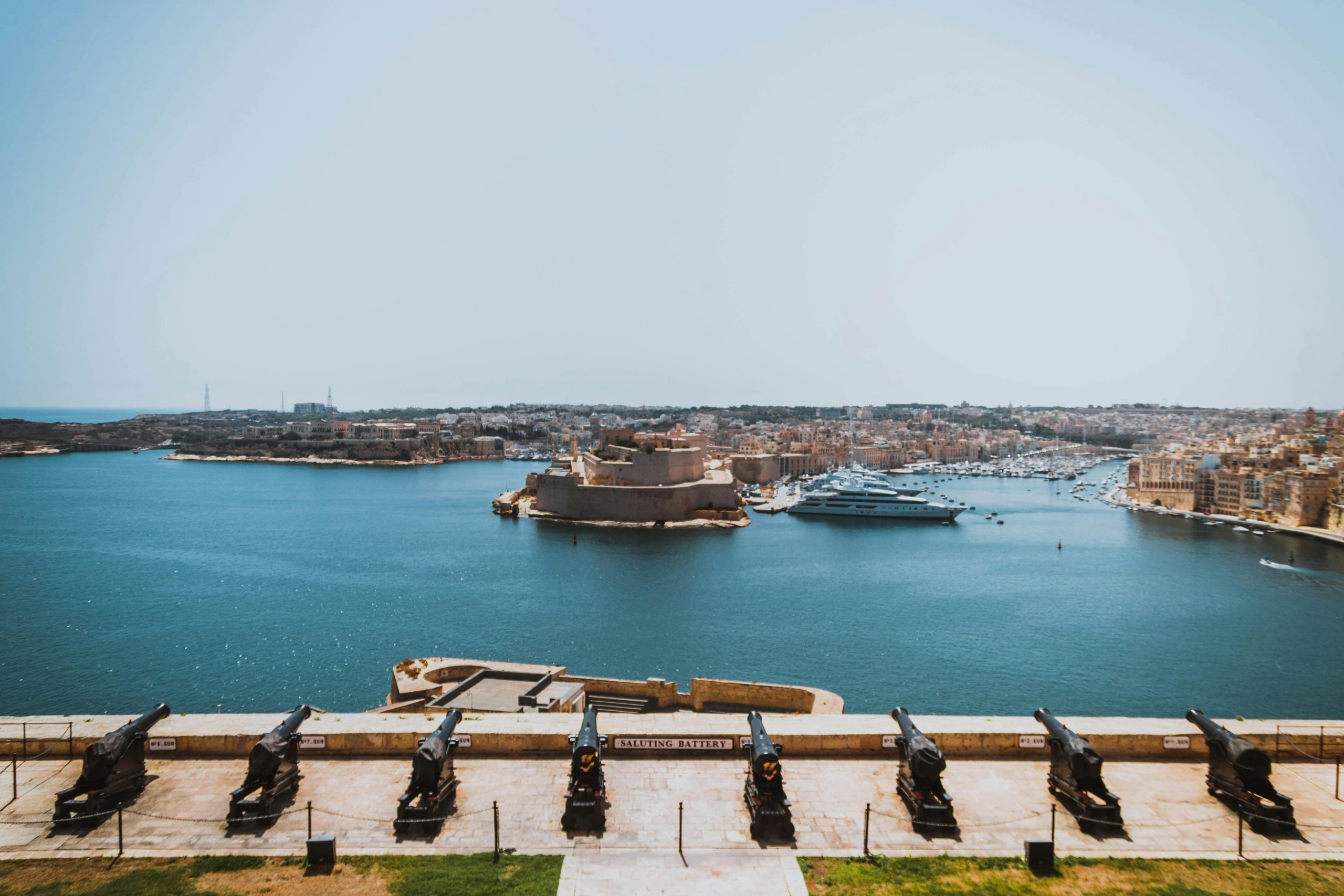
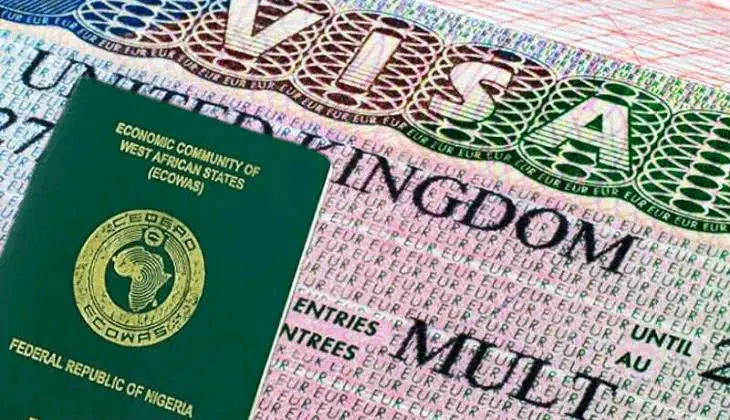

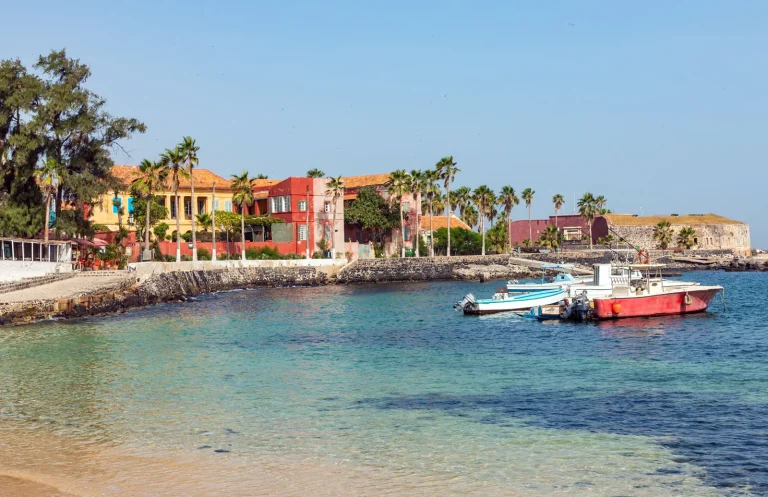
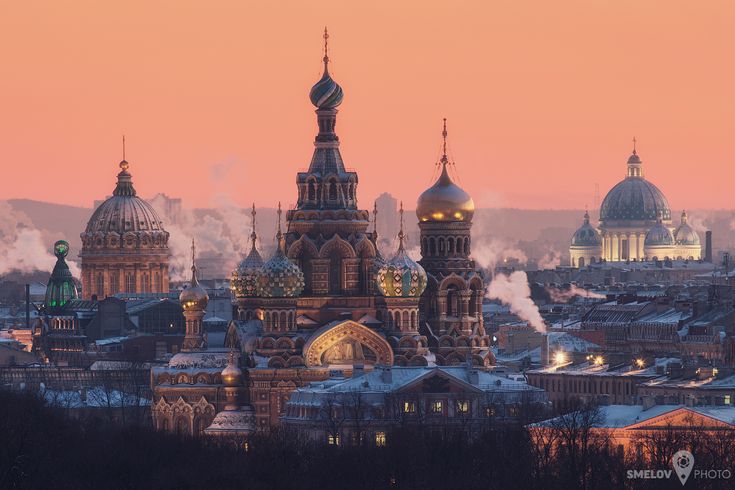
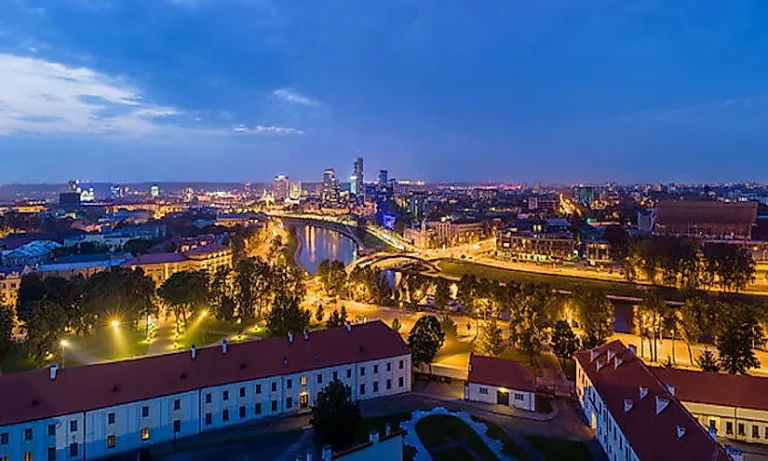
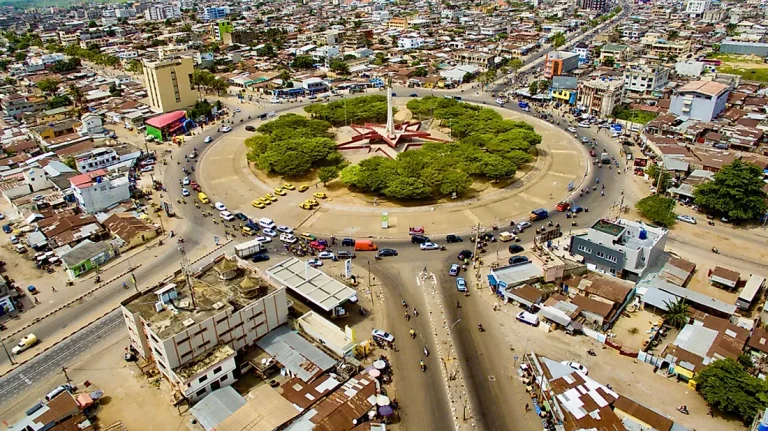
Leave a Comment